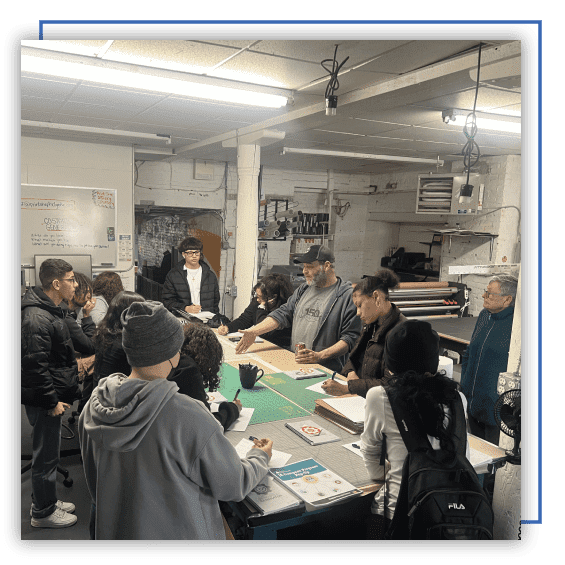People Empowering People (PEP)
The People Empowering People (PEP) program is an innovative program designed to build the strengths of adults and teens. PEP recognizes the unique strengths, life experiences, and capacities of each person. It emphasizes the connection between individual and community action.
Who Participates in PEP?
Community outreach and support workers, people with limited financial resources, parents and single adults, teen parents, and individuals who want to develop their skills on how to become active participants in their community.
How Does PEP Work?
Participants attend 10 weekly 2-hour training sessions, followed by bi-monthly or weekly training and support meetings. The ten training sessions include clarification of values, communication skills, problem-solving, the helping role, parenting, action planning, community assessment, and community issues. They also conduct two or more individual or group projects that benefit their community. Trained facilitators conduct the training sessions in bi-monthly or weekly follow-up meetings and provide support to participants who become engaged in community projects.
Who Benefits?
PEP participants have improved communication, problem-solving, and parenting skills; increased knowledge of community resources; increased ability to share new skills or knowledge; increased empowerment in taking steps toward economic self-sufficiency, etc. Communities benefit from adults and teens who believe in their individual and collective ability to achieve their dreams and use their ability to change or enhance their community.

